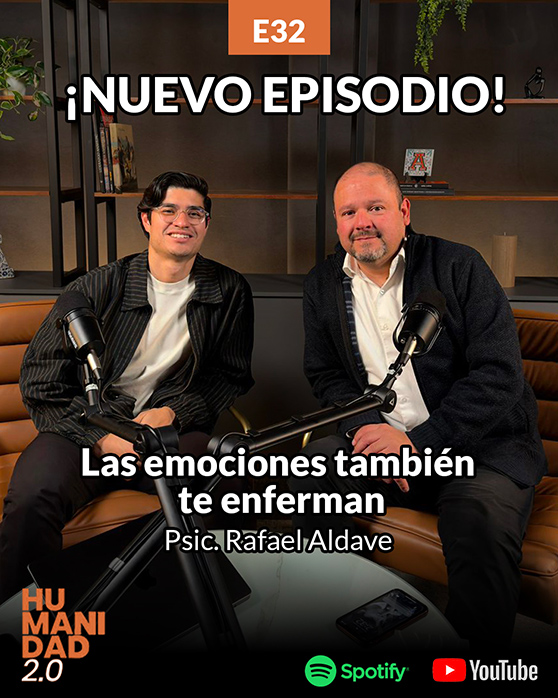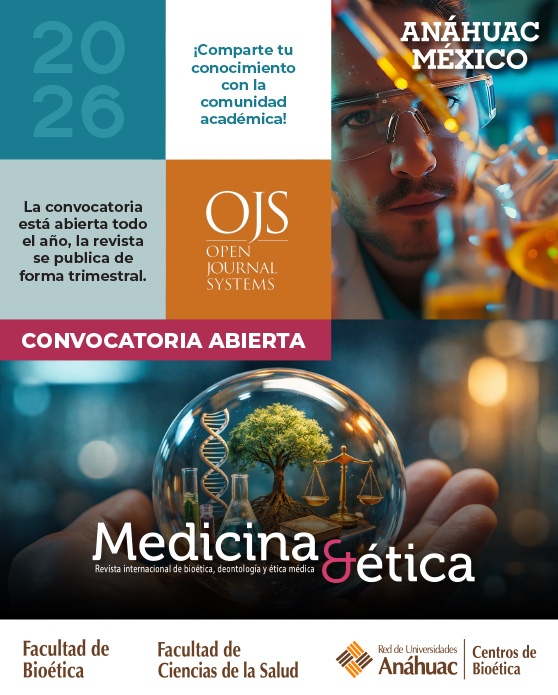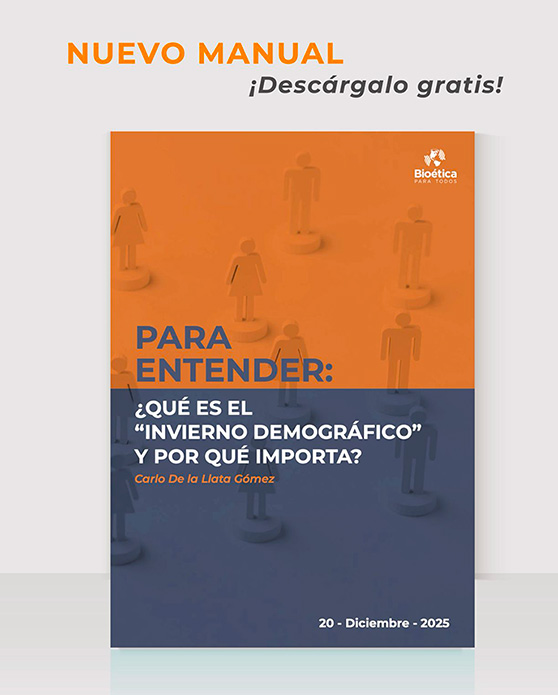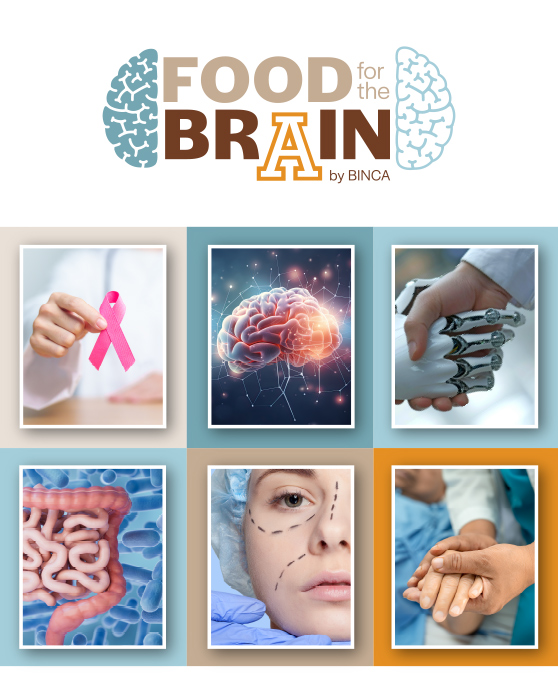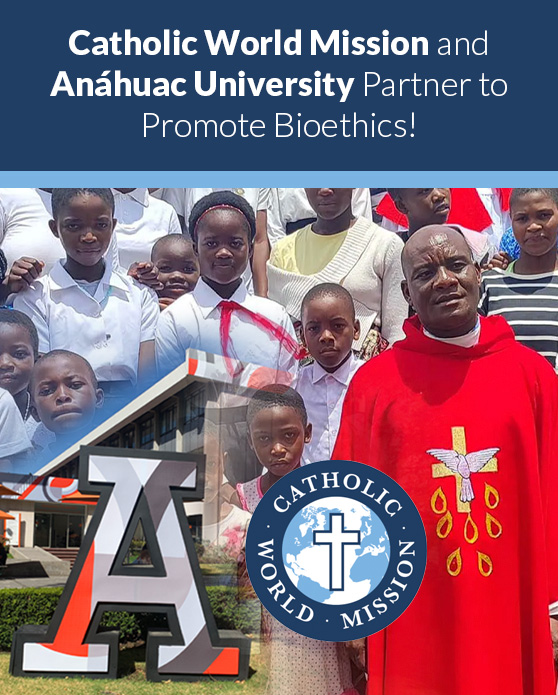
August 20, 2025
Author: Juan Manuel Palomares Cantero
Versión en español
What good is knowledge if it isn’t oriented towards good? The question is decisive in an accelerated, fragmented age marked by the exaltation of the immediate. The abundance of discourses and proposals does not guarantee wisdom; on the contrary, it can scatter and confuse if there is no criterion that orders and gives meaning. That criterion is ethics: not as a theoretical ornament, but as the firm ground from which it is possible to reason clearly and choose conduct that respects the dignity of the person and seeks the objective good. Without this foundation, knowledge runs the risk of becoming an instrument of manipulation, power, or indifference.
This is why we turn to the classics. We call “classic” what outlives its time and keeps the power to challenge us, because universal truths about the human condition beat within its pages. Odysseus in Homer’s The Odyssey, Raskolnikov in Dostoevsky’s Crime and Punishment, and Antigone in Sophocles’ tragedy still speak to us with surprising clarity: in them we see the importance of staying on course, the need for a moral foundation, and the courage to obey justice over convenience. For the university—whose mission is to form whole persons beyond technical specialization—these works are mirrors reminding us that learning is not just accumulating information, but living with coherence, justice, and responsibility..
The Ethical Journey in The Odyssey
In Homer’s1 The Odyssey, Odysseus is the hero who, after the Trojan War, undertakes a long and perilous voyage back to Ithaca. His adventures are not only a catalog of monsters and tempests, but also of moral dilemmas: resisting the temptation to remain with the nymph Calypso, facing the alluring song of the sirens, or deciding to sacrifice some companions to save the majority in the strait between Scylla and Charybdis. These trials reveal that his odyssey is not only geographic, but profoundly ethical. In a similar way, the university student lives out a journey of his or her own: the sea of knowledge, academic challenges, and everyday temptations. In this context, ethics becomes the compass that allows one to find one’s bearings when the way grows dark under pressure, uncertainty, or fatigue.
The voyage of Odysseus teaches us that what is essential is not merely to return, but to return faithful to who one is. The Homeric hero reaches his goal because he does not renounce his identity, his family, or his homeland, even when he had the chance to choose more comfortable or pleasurable routes. This same principle illuminates university and professional life: success consists not only in obtaining a degree or standing out in a field, but in having traveled that path with integrity, resisting corruption, indifference, or selfishness. Integral formation thus resembles each student’s odyssey: a process of technical learning, yes, but above all an ethical journey in which coherence and fidelity to personal dignity mark the difference between making safe harbor or getting lost in a sea of possibilities.
Raskolnikov and the Lost Foundation of Morality
In the novel Crime and Punishment, Dostoevsky2 presents Raskolnikov, a young student in St. Petersburg who, dazzled by his own ideas, convinces himself that there exist extraordinary men capable of placing themselves above common morality. Under that intellectual justification, he murders an elderly pawnbroker, persuaded that his act serves a supposed justice. What follows, however, is not liberation but a descent into inner torment: guilt, fear, and the weight of his conscience pursue him relentlessly. The story shows that although the intellect can generate brilliant theories, the human conscience cannot be erased, and without an ethical foundation, knowledge becomes a weapon turned against oneself.
This work is especially illuminating for the university, because many students, upon discovering new theories and methodologies, may fall into the temptation of thinking that intelligence alone suffices to legitimize any action. Dostoevsky reminds us that without a solid moral foundation, even the keenest reason collapses and produces personal and social suffering. Integral university formation, therefore, cannot be limited to teaching how to think rigorously or research deeply; it must also train one to discern uprightly and to recognize the limits that safeguard human dignity. Raskolnikov’s dilemma is a warning for every professional in formation: knowledge without ethics is not progress, but risk.
Justice Beyond the Law in Antigone
In Sophocles’3 Antigone, we find a conflict that remains current: the confrontation between state law and the voice of moral justice. King Creon forbids the burial of Polynices’ body, considering him a traitor, but his sister Antigone decides to fulfill the sacred duty of giving him burial, even knowing that the decision will cost her life. Her courage shows that there are principles superior to positive law, principles that do not depend on human decrees but on a justice inscribed in the depths of dignity. The figure of Antigone embodies, then, the ethical conscience that dares to question legality when it contradicts what is human.
This classical drama offers university students a fundamental lesson: rules, regulations, and laws are indispensable for life in common, but they do not exhaust the moral dimension of action. The upright professional does not limit himself or herself to checking legal boxes, but recognizes the responsibility to act in accordance with justice and the dignity of the person. In every discipline—be it medicine, engineering, law, communications, and the dozens of specialized fields on offer today—there are dilemmas in which blind obedience to the rule can come into tension with respect for the human. Antigone’s lesson invites us, in integral university formation, to cultivate the courage to discern when ethics demands going beyond what is written, thus weaving the invisible thread that upholds social coexistence and trust.
From Reflection to Action
Ethical reflection cannot remain at the level of words or good intentions. The university is, above all, a place where we learn to think and to decide, and every decision has an impact on our own lives and on the lives of others. For this reason, the challenge for students is to let ethics—their compass, foundation, and beacon—illuminate their personal, academic, and professional daily life: from how they relate, study, research, and work in teams, to how they face the temptations of infidelity, betrayal, corruption, indifference, or mediocrity. Integral formation is played out in that step from reflection to action, in the coherence between what is learned and what is lived.
Peter Drucker4 warned with lucidity: “There is nothing so useless as doing efficiently that which should not be done at all.” Ethics is precisely what helps us discern what is worth doing and how it ought to be done. Along the same lines, Stephen R. Covey5 affirmed that “effectiveness is based on principles: only they generate trust, coherence, and sustainable results.” The call to university students is clear: let your studies be not merely an accumulation of knowledge, but a school of right decisions. Let each course, each project, and each practicum become an occasion to unite knowledge with service, freedom with responsibility, and technique with justice. Only thus will university life be a true laboratory of humanity, capable of transforming not only students but also the society that expects from them not only experts, but persons of integrity.
Juan Manuel Palomares Cantero is a lawyer, with a master’s and a doctorate in Bioethics from Universidad Anáhuac, Mexico. He served as Director of Human Capital, and as director and general coordinator in the Faculty of Bioethics. He is currently a researcher in the Academic Directorate of Integral Formation at the same university. He is a member of the Mexican National Academy of Bioethics and of the Latin American and Caribbean Federation of Bioethics Institutions. This article was assisted in its drafting by the use of ChatGPT, an artificial intelligence tool developed by OpenAI.
The opinions expressed in this blog are the sole responsibility of their authors and do not necessarily represent CADEBI’s official position. As an institution committed to inclusion and plural dialogue, at CADEBI we promote and disseminate a diversity of voices and approaches, convinced that respectful and critical exchange enriches our academic and formative work. We value and encourage any comments, responses, or constructive critiques you wish to share.
1. Homero, Valverde Sánchez, M., & García López, J. (2022). Odisea. Volumen I, Cantos I-IV (1st ed.). Consejo Superior de Investigaciones Científicas.
2. Dostoyevski, F., & Dukass, A. (2020). Crimen y Castigo (1st ed.). Plutón Ediciones.
3. Sófocles., Godoy, G., & Venturelli, J. (2020). Antígona. (1st ed.). Editorial Universitaria de Chile.
4. Drucker, P. F. (2002). The effective executive the definitive guide to getting the right things done. HarperBusiness Essentials.
5. Covey, S. (2015). Los 7 Hábitos de la Gente Altamente Efectiva: Edición de Imágenes. Mango Media.
Más información:
Centro Anáhuac de Desarrollo Estratégico en Bioética (CADEBI)
Dr. Alejandro Sánchez Guerrero
alejandro.sanchezg@anahuac.mx

